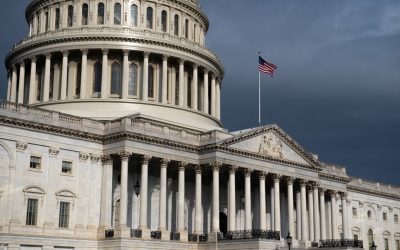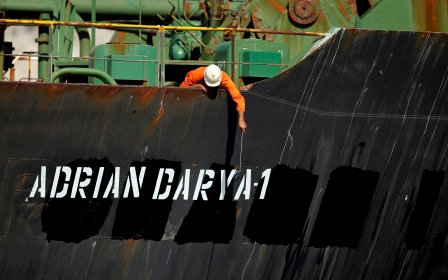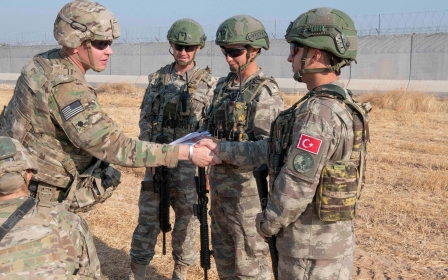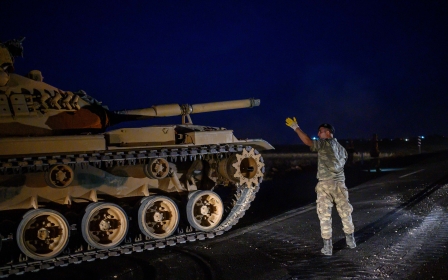Trump ally Graham vows to make Erdogan pay 'heavy price' over Syria offensive
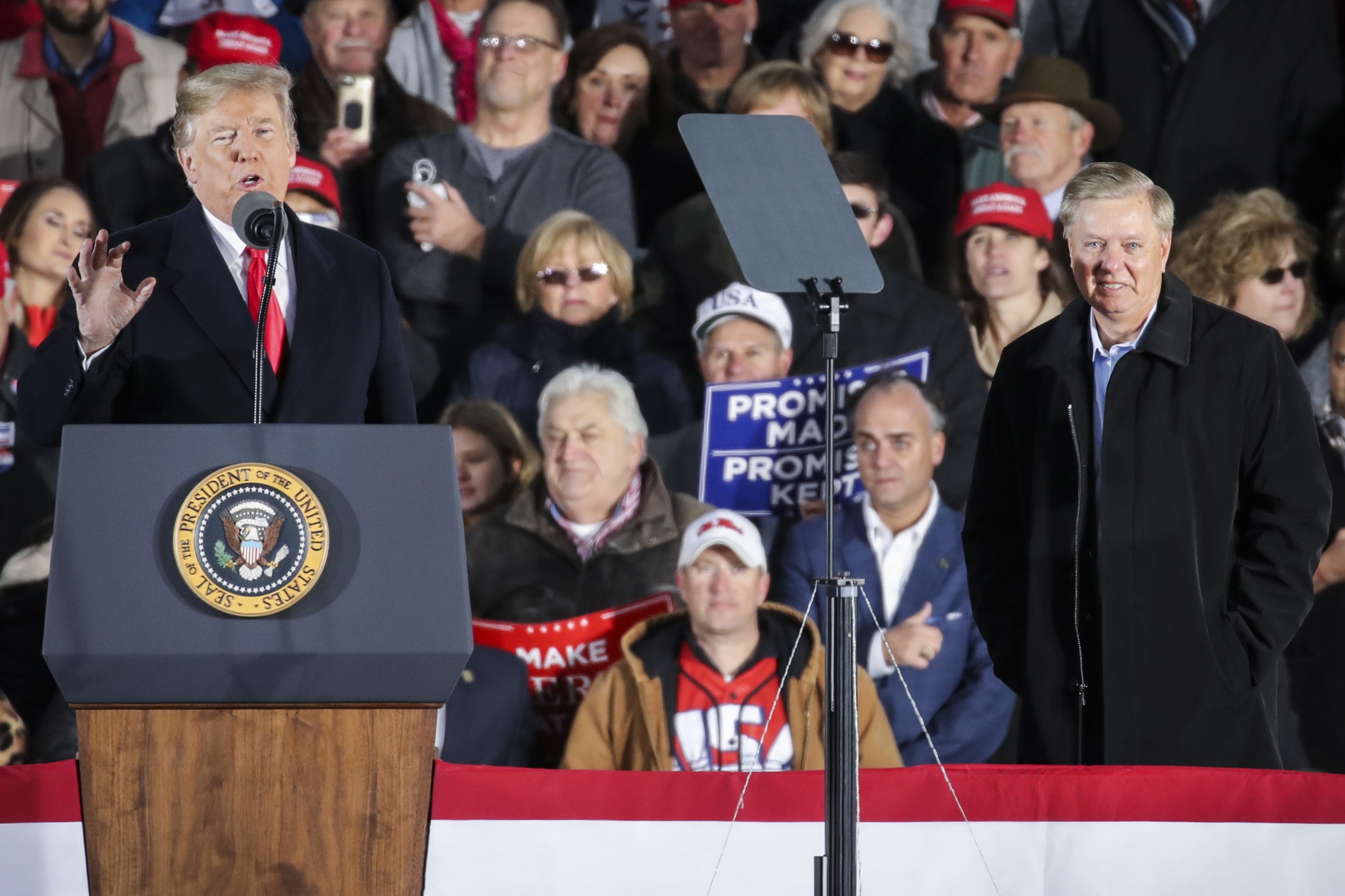
US Senator Lindsey Graham, a key Republican ally of President Donald Trump, has vowed to lead efforts in Congress to make Turkish President Recep Tayyip Erdogan "pay a heavy price" over his military operation against Kurdish fighters in northern Syria.
"Pray for our Kurdish allies who have been shamelessly abandoned by the Trump Administration," Graham said on Wednesday, shortly after Ankara announced the start of the incursion.
"This move ensures the reemergence of ISIS," the senator added, using an alternative acronym for the Islamic State (IS) group.
Why is Turkey invading northeast Syria?
+ Show - HideWho is fighting who?
Democratic Union Party (PYD)/Peoples Protection Units (YPG)
Founded in 2003, the PYD and its military wing the YPG are the ideological sister group of the Kurdistan Workers Party (PKK), which has fought a decades-long conflict with Turkey.
Following the beginning of the Syrian civil war in 2011, the PYD managed to take control of much of the Syria's north in the security vacuum that followed.
The group claims to espouse an ideology called "democratic confederalism", based on the ideology of PKK founder and leader Abdullah Ocalan, who has been in prison in Turkey since 1999.
Turkey
Turkey has long viewed the growth of the PYD with deep concern, and a peace process between Turkey and the PKK collapsed in 2015 in part over the spread of the Syrian Kurds' influence.
Since then, Erdogan has repeated his determination that he would "never allow the establishment of a Kurdish state in northern Syria".
What does Turkey want in northern Syria?
Turkey fears that a pro-PKK entity on its southern border would inevitably become a launchpad for attacks on Turkey.
In addition, Turkey wants to expell Syrian refugees from Turkey and resettle them in a "safe zone" it plans to create in northern Syria.
Turkey has the largest refugee population in the world, and the presence of Syrians in the country has increasingly led to animosity from Turks who blame them for crime, unemployment and the dilution of Turkish culture.
What does the PYD want in northern Syria?
The PYD's long-stated aim has been the creation of a statelet on the basis of Ocalan's ideology, as well as protecting Kurdish rights.
The area controlled by the PYD, known as Rojava, has established autonomy with networks of local councils and forums that aim to promote decentralised democracy - though the group has been accused of enforcing a one-party rule in the region.
What does the US-led coalition want?
Donald Trump was elected on a platform of isolationism and has touted the defeat of IS as the sole reason for US involvement in Syria - now that has largely taken place, Trump has argued the United States has no need to remain.
The biggest fear for the US and its allies is that Turkey's takeover of PYD-controlled areas could see the release of some of the 15,000 IS fighters previously captured by the Kurds and their allies.
What does the Syrian government (and its allies) want?
The Syrian government, as well as its close allies Iran and Russia, are happy about the US' decision to withdraw from the north, but have expressed concern about the violation of Syria's sovereignty by Turkey.
Syrian President Bashar al-Assad hopes that, when faced with the threat from Turkey, the PYD will throw their lot in with him in order to avoid total defeat.
Assad has repeatedly said he aims to regain control of all of Syria, and if the PYD was to ally with him formally, it would bring the largest area hitherto out of his control back under Damascus' influence.
Trump has been facing condemnation from both Democrats and Republicans over his decision to pull US troops from the area, practically paving the way for Turkey to move militarily against the Kurdish-dominated Syrian Democratic Forces (SDF).
New MEE newsletter: Jerusalem Dispatch
Sign up to get the latest insights and analysis on Israel-Palestine, alongside Turkey Unpacked and other MEE newsletters
Later on Wednesday, Trump said he did not back the Turkish incursion.
"This morning, Turkey, a NATO member, invaded Syria," the White House said in a statement.
"The United States does not endorse this attack and has made it clear to Turkey that this operation is a bad idea. There are no American soldiers in the area."
Backed by Washington, the SDF played a major role in the fight against IS in the area. Still, Ankara views the Kurdish fighters - who it says are linked to the Kurdistan Workers Party (PKK) - as a threat to its national security.
The PKK is designated as a terrorist group by the US and the European Union.
On Tuesday, the Pentagon said the troop withdrawal did not signal a change in the US position on Syria, stressing that soldiers were moved to preserve their safety from the Turkish offensive.
"Turkey has chosen to act unilaterally. As a result we have moved the US forces in northern Syria out of the path of potential Turkish incursion to ensure their safety," Pentagon spokesperson Jonathan Hoffman said in a statement.
Late on Tuesday, Graham warned Turkey that it did not have Washington's approval for its operation.
"You do NOT have a green light to enter into northern Syria," he wrote on twitter.
"There is massive bipartisan opposition in Congress, which you should see as a red line you should not cross."
After Erdogan announced that the operation, dubbed "Spring of Peace", had started on Wednesday, Graham called on Trump to reassess the US position "while there is still time".
"When it comes to fighting ISIS it's a bad idea to outsource American national security to Russia, Iran, and Turkey," the senator wrote on Twitter.
Calling for sanctions
On Wednesday, Democratic Senator Chris Van Hollen said lawmakers, including Graham, are already working on measures to punish Turkey for the operation.
"Turkey must pay a heavy price for attacking our Syrian Kurdish partners. Senators on both sides of the aisle won't support abandoning the one regional group most responsible for putting ISIS on its heels," Van Hollen said.
"Our bipartisan sanctions bill is being finalized now."
The proposed legislation would impose visa restrictions and target the US assets of Turkey's Erdogan.
It would also impose sanctions on any military transactions with Turkey, set sanctions on anyone who supports Turkey's domestic energy industry for use by its armed forces and prohibit the sale of US defense articles to Turkey's armed forces.
The bill would also define Turkey's purchase of Russia's S-400 missile defense system earlier this year as "significant" and subject to sanctions.
A day earlier, Graham threatened "sanctions from hell" from Congress if Turkey went through with the incursion.
Middle East Eye delivers independent and unrivalled coverage and analysis of the Middle East, North Africa and beyond. To learn more about republishing this content and the associated fees, please fill out this form. More about MEE can be found here.


